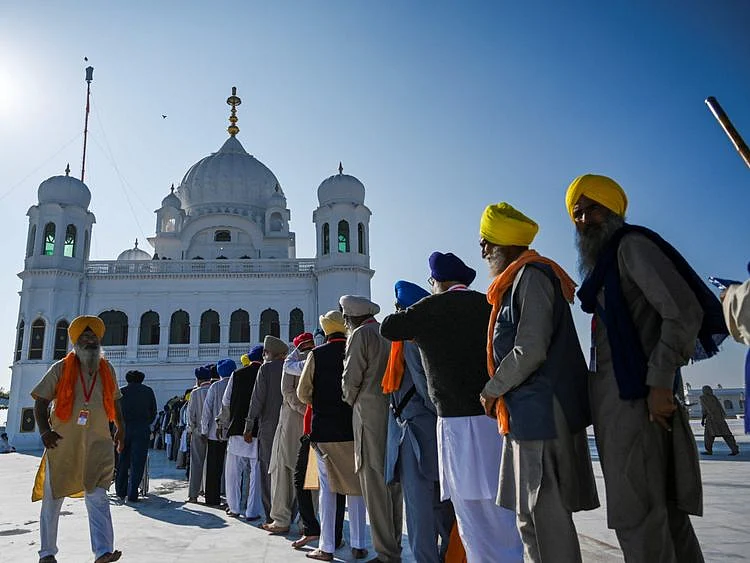Kartarpur Corridor opening a historic moment
India and Pakistan have enabled the belief of faithful to remain unconstrained by borders

The Kartarpur Corridor is, finally, open. What began as a proposal between India and Pakistan in 1998-99 has, over the decades, displayed a fortuitous tenacity to stay on course with the foundation stone for the corridor being laid on the Indian side on November 26, 2018, and two days later, over on the Pakistan side.
The inauguration of the corridor yesterday by the prime ministers of the two countries on their respective sides is an unprecedented occasion with multiple significance. The corridor, a 4.5-kilometre overland border link between the two countries, connects two of the most revered Sikh shrines of Dera Baba Nanak Sahib in Punjab, India, and Gurdwara Darbar Sahib or Kartarpur Sahib Gurdwara in Punjab, Pakistan, and grants a visa-free access to the Pakistan shrine to Sikh pilgrims from India.
The opening of the corridor is also propitiously timed to mark the celebrations of the 550th birth anniversary of the founder of the Sikh religion, Guru Nanak, on November 12. The Kartarpur Sahib Gurudwara is where Guru Nanak spent 18 years of his life and it’s his final resting place.
Also Read
In Pictures: What's happening in Kartarpur?Kartarpur corridor: PM Modi thanks PM Imran Khan during inauguration of the Integrated Check PostThe Kartarpur Corridor is a testimony to the fact that bridges can be built amid seemingly intractable situations. Despite the prolonged state of fraught ties between India and Pakistan — exacerbated in August this year when Article 370 of the Indian Constitution, that granted the state of Jammu and Kashmir a special status, was revoked by New Delhi raising passions on both sides — this endeavour has seen the light of day.
This is indeed a historic moment for the Sikhs who, since the partition of India and Pakistan in 1947, have borne with a heavy heart the forced separation with one of their most revered places of worship.
It’s a moment that proves, once again, that the divisions of terrain among the peoples of a shared heritage do not subdue the innate, and immense, transformational strengths they possess. It proves that there is a power in the collective goodwill of peoples on either side of a divide that can triumph over political expediency.
In opening the Kartarpur Corridor, India and Pakistan have enabled the belief of the faithful to remain unconstrained by borders. It’s not inconsiderable to hope that such gestures hold within them the momentum for larger breakthroughs.
Sign up for the Daily Briefing
Get the latest news and updates straight to your inbox
Network Links
GN StoreDownload our app
© Al Nisr Publishing LLC 2026. All rights reserved.